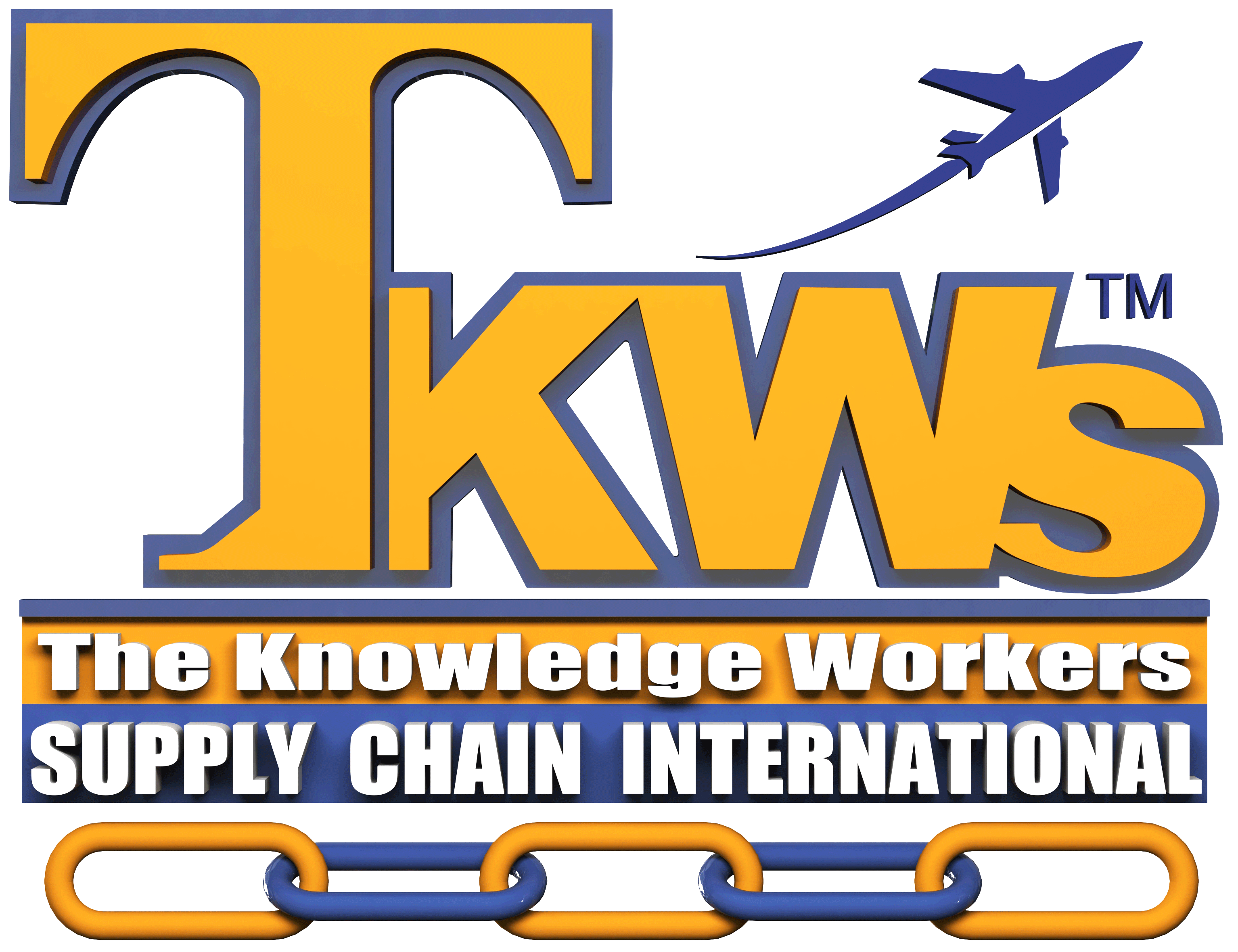Ocean Freight FCL
Expert Ocean Freight Solutions | Fast, Reliable & Cost-Effective
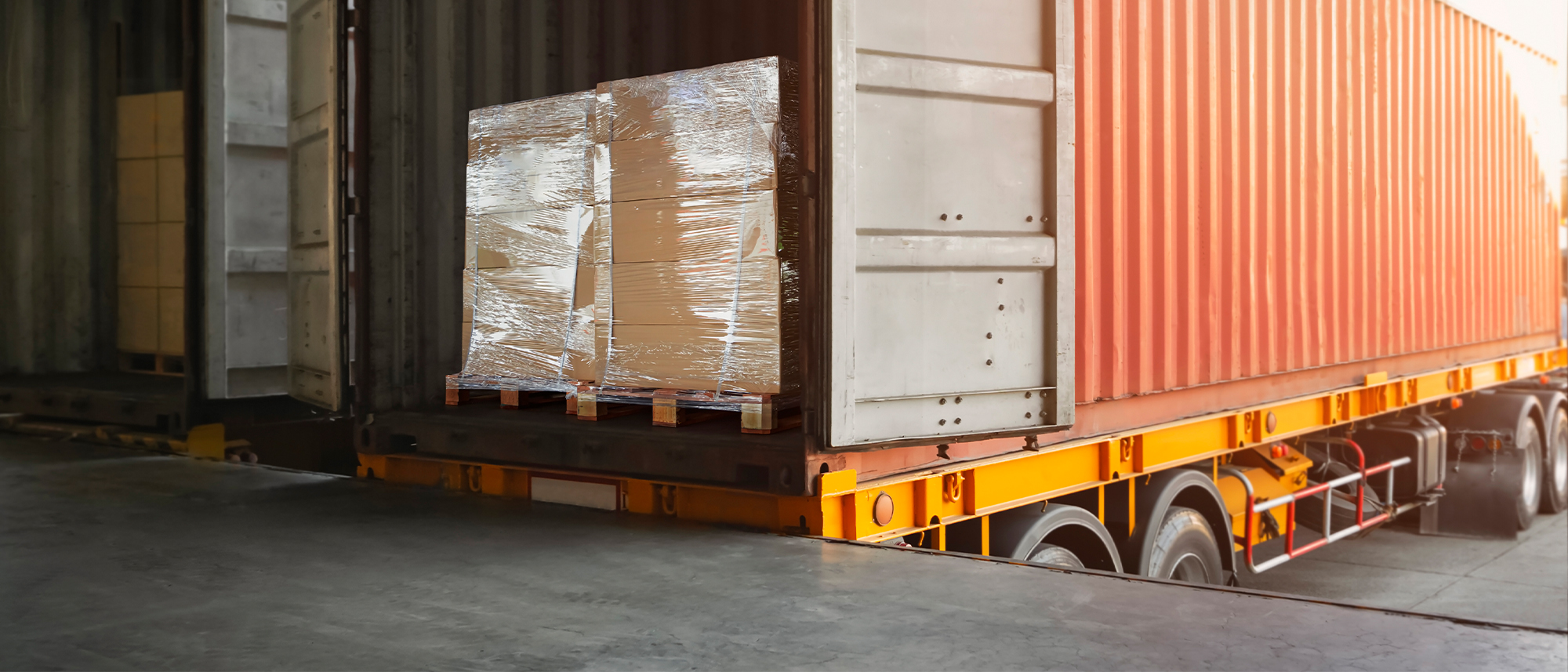
Ocean Freight Full Container Load (FCL)
FCL is a critical component of global logistics, playing an essential role in the seamless transfer of products over long distances. FCL, which is designed exclusively for consignments that take up a whole container, has various benefits such as priority scheduling, increased security, and cost savings over Less than Container Load (LCL) competitors.
FCL, a favourite choice among international trade shippers, assures the reliable and timely transportation of a wide range of commodities, including manufactured goods and raw materials, bulk liquids, and perishables. Businesses that thoroughly examine the complexities of FCL shipping and its underlying principles stand to get the most value from their ocean freight initiatives, resulting in increased efficiency, lower operational costs, and a steady growth trajectory.
Full Container Load (FCL) ocean shipments offer cost-efficiency, security, and flexibility. They eliminate consolidation, enhance security, provide better schedule reliability, and offer flexibility for diverse commodities. Astute shippers should consider FCL selection for its numerous advantages, ensuring efficient and cost-effective ocean shipping.
Cost-effective for large shipments
Enhanced security for the exclusive use of a container
No requirement for consolidation, avoiding terminal handling charges
Flexible Business Model
Schedule reliability with fixed carrier departures
Suitable for varied commodities regardless of quantity, configuration, or dimensional limits
Mitigates risks associated with mixing cargo from multiple shippers
Get a Quote
Please Fill All Inquiry To Get Your Total Price.
Frequently Asked Questions
- FCL stands for Full Container Load. It refers to using an entire shipping container for your cargo shipment. You don't share the container space with other shippers.
- Security: Your cargo is the only one in the container, minimizing risk of loss or damage.
- Speed: FCL shipments often have priority loading and unloading, leading to faster transit times.
- Control: You have complete control over how your cargo is packed and secured within the container.
- Cost-effective per unit: For large shipments, FCL can be more cost-effective per unit of cargo compared to LCL.
- Higher upfront cost: You pay for the entire container, even if you don't fill it completely.
- May not be suitable for small shipments: If your cargo doesn't fill a container, LCL might be a more economical option.
- You can search and apply for open positions directly on our careers page. Our application process is simple and streamlined.
What sizes of containers are available for FCL shipping?
- The most common sizes are 20ft (TEU) and 40ft (FEU), with variations like 40ft High Cube (HC) offering more height.
How do I choose the right container size for my shipment?
- Consider the weight and volume of your cargo. Online container capacity calculators can help you estimate the space needed.
Can I ship any type of cargo in an FCL container?
- Certain restrictions might apply depending on the cargo type. Hazardous materials, perishables, or oversized items may require special handling or permits. Always check with your carrier for specific limitations.
How do I book an FCL shipment?
- You can contact a freight forwarder or shipping line directly. They will guide you through the booking process and provide quotes based on your route,container size, and cargo details.
What are the typical costs associated with FCL shipping?
- The cost depends on the origin, destination, container size, weight of your cargo, and additional services like inland transportation or terminal fees.
What documents do I need for FCL ocean shipping?
- A Bill of Lading (BOL) acts as a receipt for your cargo and a contract of carriage.
- A commercial invoice details the goods, their value, and HS code.
- A packing list itemizes the contents of the shipment.
- Depending on the goods and destination, additional documents like export licenses or certificates of origin might be required.
- Plan ahead: Research regulations, book your shipment well in advance, especially during peak seasons.
- Consolidate your cargo: If you have multiple shipments going to the same destination, consider consolidating them into an FCL for cost savings.
- Work with a reputable freight forwarder: They can handle the complexities of documentation, customs clearance, and ensure smooth transportation.
WHY CHOOSE US
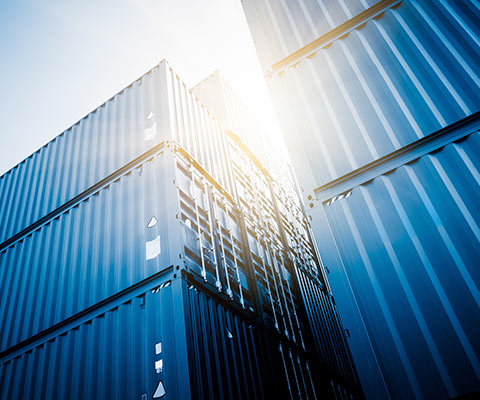
Reliable Global Network:
Benefit from our extensive network of shipping routes covering major ports worldwide, ensuring timely and efficient delivery.
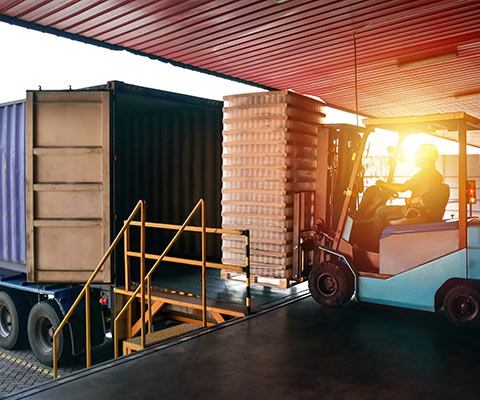
Transparent Pricing:
Enjoy transparent pricing structures and competitive rates for your FCL shipments, with no hidden fees or surprises.
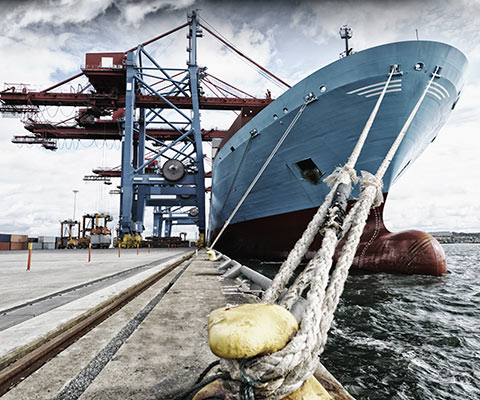
Personalized Solutions
Receive tailored FCL shipping solutions to meet your specific needs, including special handling requirements and documentation assistance.
